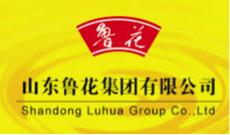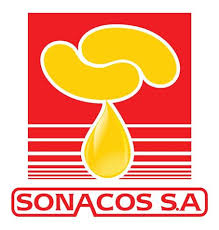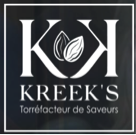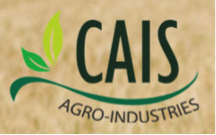Synthèse
This analysis presents an overview of the global peanut market, highlighting key trends and significant data from 2020 onwards. Peanuts, which are legumes rather than true nuts, are mainly produced in China and India, with these two countries accounting for more than half of global production. Global peanut production, including oil and peanuts, has shown a stable trend, with a slight increase over the years. French peanut consumption has increased significantly, reflecting a broader European trend of rising demand coupled with significant import dependence due to limited domestic production.
Peanut-based products, such as peanut oil and peanut butter, are gaining in popularity in various markets, including France, where peanut butter is capturing a share of the spread market. Internationally, France's peanut trade is characterized by a high import/export ratio. The peanut market is also facing new challenges and dynamics, such as the increasing prevalence of peanut allergies in France, growing consumer awareness of healthy diets and the trend towards organic products. Despite these challenges, the peanut market remains robust, thanks in part to the cultural importance of peanuts as a favorite snack, particularly during aperitifs in France.
Exploring the evolving appetite for peanuts in France
As the French population becomes increasingly health-conscious and discovers the nutritional benefits of various foods, demand for peanuts is on the rise. Native to South America, peanuts are not true nuts, but belong to the dried fruit and nut family. They are eaten in many forms: raw, in oil or butter, roasted or salted, each with its own place in the French diet. In particular, peanut consumption in France has doubled, indicating a booming market.
However, the country is heavily dependent on imports, with local production playing a negligible role. France relies heavily on countries such as Argentina, the USA and the Netherlands for its peanut supplies, with imports from the former accounting for around a third of its total imports. The French habit of snacking, in particular on peanuts, is particularly significant and finds its relevance during the aperitif - a social cultural practice in which over 45% of the population takes part at least once a week. Peanuts, traditionally consumed as a salty snack, are undergoing a transformation, with trends moving towards less added salt and fat to meet demand for healthier options.
The dried fruit market, which includes peanuts, has expanded over the years, estimated at around 480 million euros. Among the various dried fruits, peanuts have enjoyed a high preference, but consumer tastes are now diversifying.consumers' tastes are now diversifying, with other dried fruits seeing an increase in consumption, while peanuts are experiencing a slight decline. The market for peanut oil, another important branch of peanut consumption, remains stable, being mainly used for frying due to its resistance to high temperatures. The price of oil is high, averaging around 3.55 euros per liter in France.
Despite the positive trends described above, allergies to peanuts and peanut products are increasing in the country, becoming an emerging health problem. In France, around 3% of the general population and 8% of children are said to be allergic to peanuts, requiring peanut products to clearly indicate allergens on their packaging. What's more, with organic food consumption on the rise, estimated to be growing at around 13.5%, organic peanuts could offer a new route to market, aligning with the trend towards more organic and authentic food choices.
In terms of market players, big names like Advens Group and Sonacos dominate the production side, while Skippy stands out in peanut butter distribution. Competition is increasingly fierce.
Key market players in the global peanut industry
The peanut market is characterized by a diverse range of players, from agricultural producers focusing on peanut cultivation to distributors specializing in value-added products such as peanut oil and peanut butter.
Here's a closer look at some of the notable companies that occupy important market positions.
- Peanut growers are at the very beginning of the supply chain. They include Advens Group and Sonacos, both of which specialize in peanut production. They grow and supply quality peanuts for local and international markets.
- Further down the supply chain, peanut butter distributors such as J.M. Smucker Co and Skippy play an essential role. These companies transform peanuts into one of the world's most popular spreads, peanut butter, which has entered markets such as France, where it is increasingly popular as an alternative to traditional spreads.
- Specialized distributors such as Kreek's France operate in the niche segment, offering peanuts in snack form. Their distribution expertise enables them to respond to specific market sectors with tailor-made peanut products.
- Companies involved in the peanut oil trade, such as Sodeco oil and Huilerie Gid, bridge the gap between raw agricultural produce and refined culinary products. Thanks to the high smoke point and nutritional properties of peanut oil, these companies meet the demand for cooking oils that are both healthy and versatile.
- Import-export companies like Société agro-industrielle du Sénégal play a key role in the movement of peanuts across borders, ensuring the balance of the global peanut trade. These companies navigate the complexities of international regulations and demand to supply peanuts to diverse markets.
- As the healthy foods market expands, companies like My Protein and Huel are carving out a niche by offering peanut-based products for health-conscious consumers, such as protein supplements and meal replacements.
- Finally, companies specializing in the distribution of dried fruit, such as Seeberger and Daco Bello, also contribute to the peanut market.
since peanuts are associated with nuts, these companies leverage their extensive networks to include peanuts in their offerings, providing consumers with nutritious snacking options.
à la compréhension de ce marché
Détail du contenu
 Informations
Informations
- Nombre de pages : 30 pages
- Format : Version digitale et PDF
- Dernière mise à jour : 15/12/2021
 Sommaire et extraits
Sommaire et extraits
1 Market overview
1.1 Definition and scope of study
The peanut is a leguminous plant born underground from the cultivation of its plant. Contrary to what is known or to the possible confusion caused by the name, peanuts are not nuts, but are associated with the dried fruit and nut family because of their similar benefits and their energetic contribution .
Groundnuts are native to South America although they are currently grown in different parts of the world, although still limited to the requirements of the climate and soil. The cultivation of groundnuts is not popular in European countries, which are thus of major importers of seeds.
There are four types peanut base on the market:
- Runner (dominant type, most commonly used for peanut butter)
- Virginia (represents most roasted peanuts)
- Spanish (usually used for candy)
- Valencia (very sweet and usually roasted)
At the global level, the peanut market is growing stabilizes in value after a increase of more than 30% over the last ten years. China and India are the top two producers and together account for more than half of world production
In France, peanut consumption has more than lined over the period 2010-2020, on the other hand, import dependency does not decrease.
Peanuts are eaten in various forms, including oil and butter, because of the important nutritional properties of the fruit. The famous roasted and salted peanut is also eaten as an aperitif, a practice dear to the French, who have suffered from the health crisis of the Covid-19 in 2020
The players in this market are of various types and sizes: first of all, peanut producers, such as Groupe Advens, or Sonacos, peanut oil and butter distributors, such as Huilerie Gid or Skippy, and import-export companies, such as the Compagnie agro-industrielle du Sénégal.
 Liste des graphiques
Liste des graphiques
- Principaux producteurs d'arachide dans le monde
- Evolution de la production mondiale d'arachide
- Production, importation, exportation et consommation d'arachide en France
- Evolution de la production mondiale d'huile d'arachide
- Part de marché des principales huiles dans le monde
Toutes nos études sont disponible en ligne et en PDF
Nous vous proposons de consulter un exemple de notre travail d'étude sur un autre marché !
Dernières actualités
Entreprises citées dans cette étude
Cette étude contient un panorama complet des entreprises du marché avec les derniers chiffres et actualités de chaque entreprise :
 Choisir cette étude c'est :
Choisir cette étude c'est :
Accéder à plus de 35 heures de travail
Nos études sont le résultat de plus de 35 heures de recherches et d'analyses. Utiliser nos études vous permet de consacrer plus de temps et de valeur ajoutée à vos projets.
Profiter de 6 années d'expérience et de plus de 1500 études sectorielles déjà produites
Notre expertise nous permet de produire des études complètes dans tous les secteurs, y compris des marchés de niche ou naissants.
Notre savoir-faire et notre méthodologie nous permet de produire des études avec un rapport qualité-prix unique
Accéder à plusieurs milliers d'articles et données payantes
Businesscoot a accès à l'ensemble de la presse économique payante ainsi qu'à des bases de données exclusives pour réaliser ses études de marché (+ 30 000 articles et sources privées).
Afin d'enrichir nos études, nos analystes utilisent également des indicateurs web (semrush, trends…) pour identifier les tendances sur un marché et les stratégies des entreprises. (Consulter nos sources payantes)
Un accompagnement garanti après votre achat
Une équipe dédiée au service après-vente, pour vous garantir un niveau de satisfaction élevé. (+33) 9 70 46 55 00
Un format digital pensé pour nos utilisateurs
Vous accédez à un PDF mais aussi à une version digitale pensée pour nos clients. Cette version vous permet d’accéder aux sources, aux données au format Excel et aux graphiques. Le contenu de l'étude peut ainsi être facilement récupéré et adapté pour vos supports.
 Nos offres :
Nos offres :
the peanut market | France
- Quels sont les chiffres sur la taille et la croissance du marché ?
- Quels leviers tirent la croissance du marché et leur évolution ?
- Quel est le positionnement des entreprises sur la chaine de valeur ?
- Comment se différencient les entreprises du marché ?
- Données issues de plusieurs dizaines de bases de données
Pack 5 études (-15%) France
- 5 études au prix de 75,6€HT par étude à choisir parmi nos 800 titres sur le catalogue France pendant 12 mois
- Conservez -15% sur les études supplémentaires achetées
- Choisissez le remboursement des crédits non consommés au terme des 12 mois (durée du pack)
Consultez les conditions du pack et de remboursement des crédits non consommés.
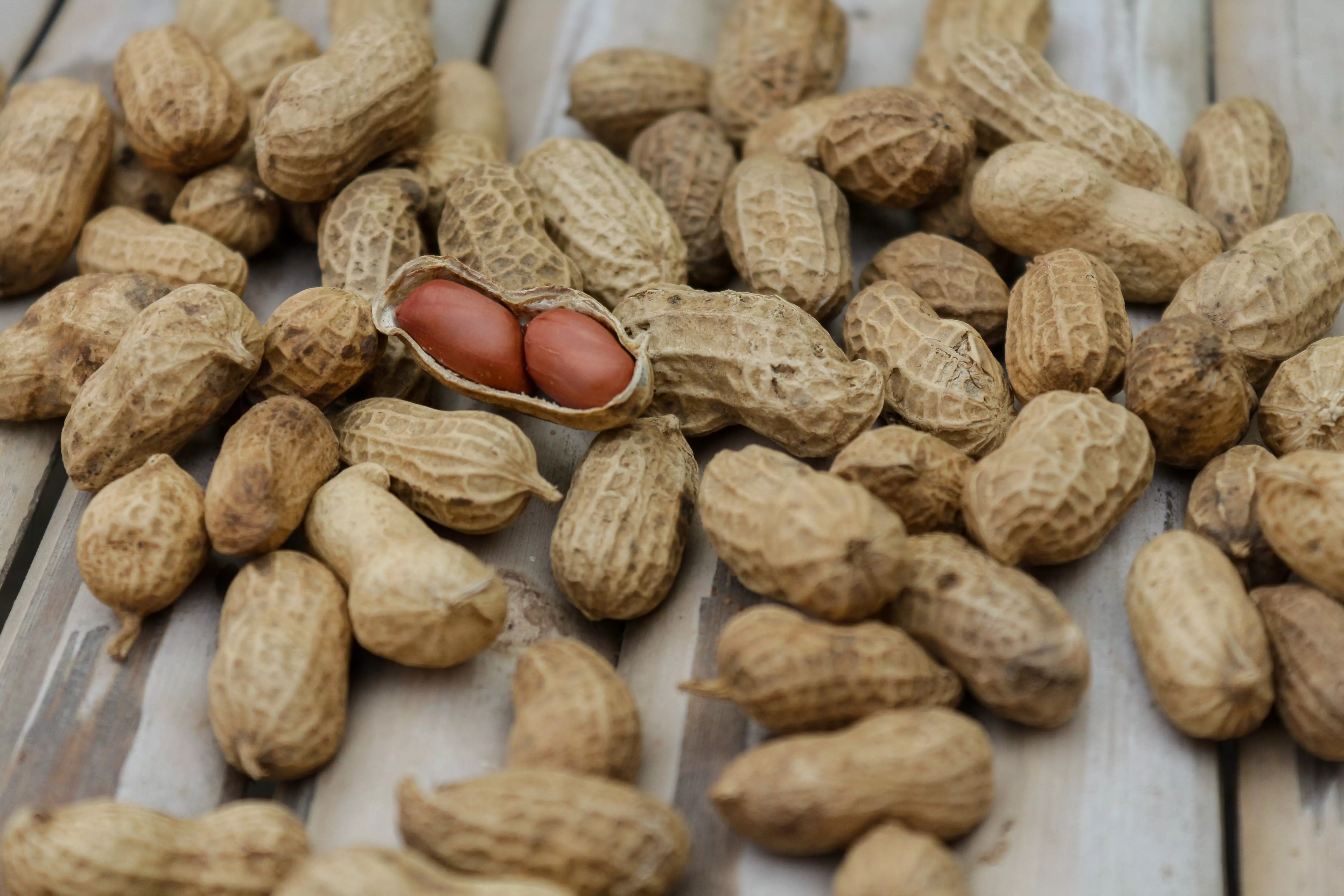




 Advens, la "Patagonia" de la cybersécurité - 24/04/2024
Advens, la "Patagonia" de la cybersécurité - 24/04/2024
